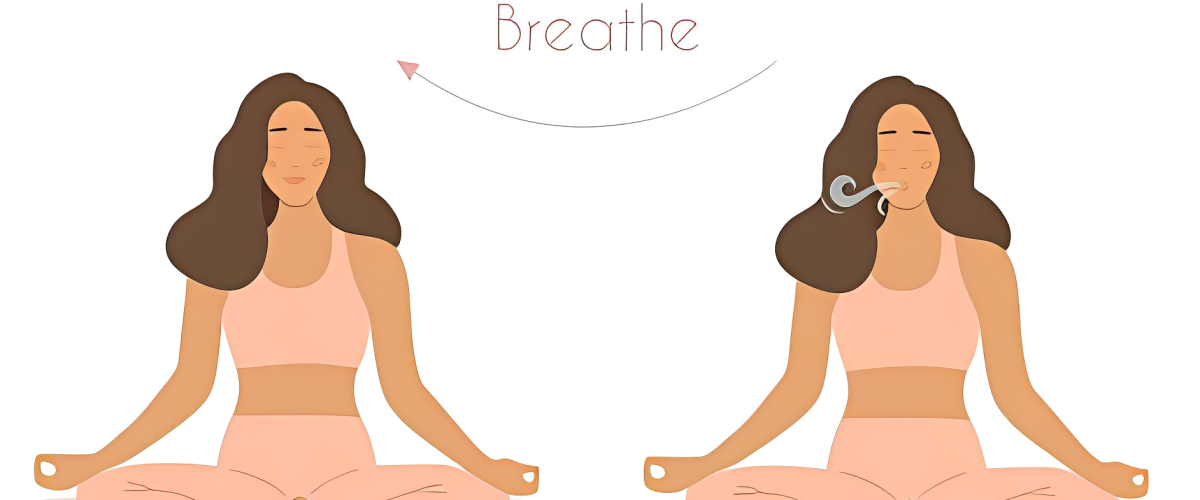Introduction
Breathing, an act we often take for granted, holds the key to not just life, but a quality life. Amidst the chaos of modern living, stress has become a common affliction. However, the solution might be as simple as breathing. Let’s dive into the transformative power of deep breathing, a practice deeply rooted in both Western and Eastern traditions, for stress management and mind-body wellness.
Understanding Deep Breathing
Deep breathing, also known as diaphragmatic breathing, is a technique that focuses on full oxygen exchange. Unlike shallow chest breathing, deep breathing involves breathing from the diaphragm, allowing for maximum inhalation and a sense of calm.
The Science Behind Deep Breathing
- Physiological Impact: Engaging in deep breathing stimulates the parasympathetic nervous system, promoting relaxation and reducing stress.
- Research Insights: Studies have shown that regular practice of deep breathing can reduce symptoms of anxiety, improve sleep quality, and enhance overall emotional balance.
Benefits of Deep Breathing
1. Stress Reduction and Improved Mental Health
Deep breathing is a natural tranquilizer for the nervous system. By reducing cortisol levels, it helps in alleviating stress, anxiety, and depression, leading to improved mental health and emotional well-being.
2. Enhanced Oxygen Supply and Detoxification
This practice increases the oxygen supply to your brain and stimulates the parasympathetic nervous system, which promotes a state of calmness. The increased oxygen rejuvenates body cells and aids in detoxification processes.
3. Improved Digestive Function
Deep breathing also enhances digestive efficiency by stimulating the digestive organs through the rhythmic motion of the diaphragm.
4. Strengthened Immune System
With improved blood flow and oxygenation, deep breathing can strengthen the immune system, making the body more resistant to infections and diseases.
5. Better Sleep and Energy Levels
It improves sleep quality and increases energy levels by regulating the body’s sleep-wake cycle and reducing insomnia-related issues.
6. Enhanced Concentration and Cognitive Function
Regular practice of deep breathing enhances concentration, memory, and overall cognitive functions by increasing blood flow and oxygenation to the brain.
How to Incorporate Deep Breathing into Daily Life
To reap these benefits, incorporate deep breathing into your daily routine. Start with just a few minutes each day and gradually increase the duration. You can practice deep breathing anywhere – at your desk, in a park, or before sleep.
Deep Breathing Practices
There are various deep breathing exercises, each with its unique approach and benefits. Here are some notable practices:
1. The 4-7-8 Technique
- Origin: Developed by Dr. Andrew Weil, this technique is rooted in pranayama, an ancient Indian practice.
- Method: Inhale for 4 seconds, hold the breath for 7 seconds, and exhale for 8 seconds.
- Benefits: Aids in relaxation, helps with falling asleep, and manages cravings.
2. Box Breathing
- Popularized by Navy SEALs for its focus-enhancing qualities.
- Method: Inhale, hold, exhale, and hold again, each for an equal count of 4.
- Benefits: Enhances concentration, reduces stress, and improves mental clarity.
3. Diaphragmatic Breathing
- Focus: Engaging the diaphragm actively.
- Method: Inhale deeply through the nose, allowing the stomach to rise, followed by a slow, controlled exhale.
- Benefits: Reduces heart rate, lowers blood pressure, and relieves tension.
Incorporating Deep Breathing into Daily Life
To reap the benefits of deep breathing, consistency is key. Here are some tips to integrate this practice into your routine:
- Regular Sessions: Dedicate a few minutes each day, ideally in a quiet space, for deep breathing exercises.
- Mindfulness Moments: Use deep breathing to bring yourself back to the present moment during stressful times.
Case Study: Transformative Effect of Deep Breathing
Consider the story of Sarah, a corporate executive. Overwhelmed with work-related stress, she experienced anxiety and sleep disturbances. After adopting the 4-7-8 breathing technique, Sarah noticed a significant reduction in her anxiety levels and an improvement in sleep quality, illustrating the profound impact of this simple practice.
Conclusion
Deep breathing is a powerful yet underutilized tool for stress reduction and overall well-being. By incorporating this practice into our daily lives, we can unlock a natural and effective way to manage stress and enhance our mental and physical health.











